Top 5 Things To Know Before Buying an Investment Property
Are you looking to invest in commercial real estate?
Perhaps you’re a seasoned investor who knows exactly what you’re looking for, or perhaps you’ve been a residential landlord and wish to transfer your skills to a commercial investment, or perhaps you have no experience whatsoever—whatever your reasons for wanting to make a commercial investment, the following are essential to consider before making any purchase.
Cash-on-Cash Return
Commercial investing can be exciting, especially for first-timers. We’ve all heard stories about investors who have gotten ridiculously rich simply by being in the right place, at the right time, with the right amount of money—it’s hard not to fantasize about your own investment reaping the same rewards.
While commercial real estate investing can be very lucrative, it’s important to realize it’s an investment just like any other, such as stocks or bonds, with its own associated risks.
When evaluating potential commercial investment deals, we advise our clients to look for a cash-on-cash return that is at least 3-4% higher than what is being offered on a risk-free investment, such as a GIC.
Cap Rate Isn’t the Whole Story
Oftentimes, potential investors will rely too much on the capitalization rate (cap rate) to determine the attractiveness of a particular investment.
To calculate the cap rate, simply divide the value of the property by the net operating income.
The theory behind the cap rate is that it provides a percentage that roughly estimates the percentage return an investor would receive on an all-cash purchase. (For a more in-depth discussion of cap rates, please visit https://propertymetrics.com/blog/cap-rate/)
While cap rates are important, they simply provide a snapshot of the investment; further investigation is required to determine whether or not the investment is sound.
Net Rents
Take a close look at the contract rents—are they at, above, or below market value? Especially if net rents are below market value, it’s important to determine for how long they will remain that way and why.
Deferred Maintenance
Looks can be deceiving! Always inspect any potential commercial investments very carefully and note what maintenance items have been deferred, i.e. that’s what you’ll have to cover. If big-ticket items such as the roof, windows, parking lot, or the HVAC system have been neglected, that’s a red flag that requires further investigation.
Lease Expiry Dates
If there are existing tenants, check their lease expiry dates closely.
If all the leases are expiring within one or two years, the fact that you will need to renegotiate those leases fairly soon should be a part of your analysis. If the leases are done properly, they should be staggered so that they expire back-to-back.
Investing in Commercial Real Estate
The old adage, measure twice and cut once, has never been truer than when it comes to making a commercial real estate investment. The more effort you put into your research and due diligence, the better return you’ll see on your investment.
If you’re looking to invest in commercial real estate but are unsure where to start, contact the experienced team at MCRE to guide you through the process.

